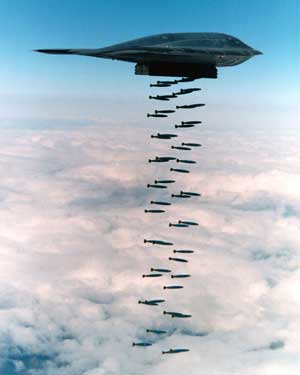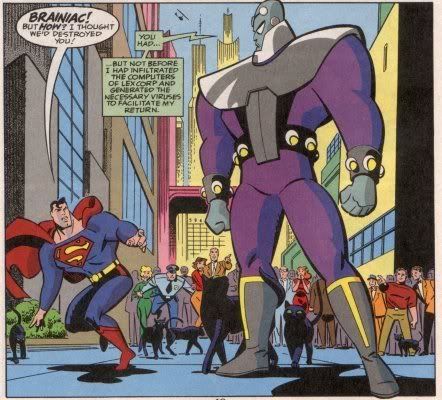Mr Obama, Mr Kennedy, and Mr Shandy

I was recently delighted to read -- okay, to skim -- a six-thousand-word essay by two savants named James Blight and Janet Lang, purporting to answer the question, "does it matter who's president?"
Naturally, B&L come down on the affirmative. Their argument rests on John F Kennedy -- not, however, the actual, historical, indicative-mood John F Kennedy, he of the Bay of Pigs and Vietnam, but rather, what our authors call "Virtual JFK": the subjunctive-mood JFK whom we "would" have seen if the real JFK had lived past 1963.
According to B&L, the subjunctive JFK is a very different and much nicer fella -- not at all like the dismal indicative one whom prosaic history delineates. And B&L feel quite confident they can chart with precision the parallel-world movements of their vastly improved ectoplasmic construct (italics mine):
B&L's technique for predicting (postdicting? transdicting? phantasmadicting?) the behavior of nonexistent persons -- which possesses, they claim, "something approximating scientific rigor" -- is described by them at too much length, and with too little specificity, to reproduce here. It's worth a look, though, if you're a connoisseur of intellectual comedy, and have time on your hands.
- If President Kennedy had lived and been reelected in 1964, we believe he would not have Americanized the conflict in South Vietnam.
- We believe JFK would have continued the withdrawal of U.S. advisers from Vietnam that had begun during his presidency.
- Kennedy’s successor, Johnson, by deciding to Americanize the Vietnam War, reversed the process JFK had set in motion.
- Thus, we believe the identity of the occupant of the White House made all the difference: between a conflict that would have become little more than a footnote in U.S. history if Kennedy had lived, and the catastrophe we now know as the American war in Vietnam and in which millions perished.
You can see where this is all going, right?
What about the 2008 U.S. presidential election? In matters of war and peace, what do we want the bottom line of our next president to be? Should it be to avoid war, and the unintended escalation of war? Or do we want the next president’s bottom line in foreign affairs to be the avoidance of defeat (or retreat, or conciliation, or something less than unconditional victory)? How do the two presidential candidates fit into this historical context? Can the JFK-LBJ-Vietnam quasi-“experiment” help us decide whom we want to elect as president this year?Does anyone believe you add up a lot of contrary-to-fact conditionals and arrive at a certainty? 0 + 0 + 0 + ... + 0 = 1!... Does anyone believe that Al Gore, if he had assumed office on Jan. 20, 2001, would have invaded and occupied Iraq? Is it conceivable that anyone other than George W. Bush would have done so?
The question is rhetorical. Of course there are people who believe this. They are called liberals. It's like the old Borscht Belt joke -- we lose a little on each sale, but we make up for it in volume.
The locus classicus for this kind of reasoning is Mr Shandy pere's theory of the auxiliary verbs, which will be found in full below the jump:



















 I happened to run into my old friend Annie today -- Annie, the old Lefty
I happened to run into my old friend Annie today -- Annie, the old Lefty 





















